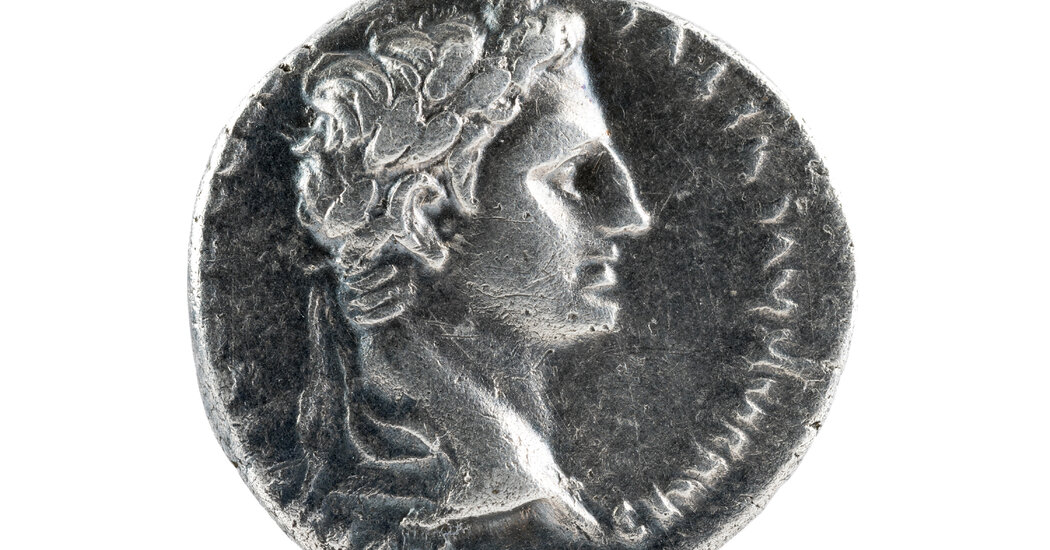Exposure to lead from mining probably lowered I.Q. levels in the empire, research has found. It might be the world’s first case of widespread industrial pollution.
Roughly 2,000 years ago, the Roman Empire was flourishing. But something sinister was in the air. Literally.
Widespread pollution in the form of airborne lead was taking a toll on health and intelligence, researchers reported on Monday in the journal Proceedings of the National Academy of Sciences.
During the roughly two centuries starting in 27 B.C., a period of relative stability and prosperity known as the Pax Romana, the empire extended throughout Europe, the Middle East and North Africa. Its economy relied on silver coinage, which required huge mining operations.
But extracting silver from the Earth creates a whole lot of lead, said Joseph McConnell, an environmental scientist at the Desert Research Institute, a nonprofit group based in Nevada, and the lead author of the new research. “If you produce an ounce of silver, you’d have produced something like 10,000 ounces of lead.”
And lead has a host of negative effects on the human body. “There is no such thing as any safe level of lead exposure,” said Deborah Cory-Slechta, a neurotoxicologist at the University of Rochester Medical Center who was not involved in the research.
Dr. McConnell and his colleagues have now detected lead in layers of ice collected in Russia and Greenland that date to the time of the Roman Empire. Lead entered the atmosphere from Roman mining operations, hitched a ride on air currents and eventually fell out of the atmosphere as snow in the Arctic, the team surmised.
